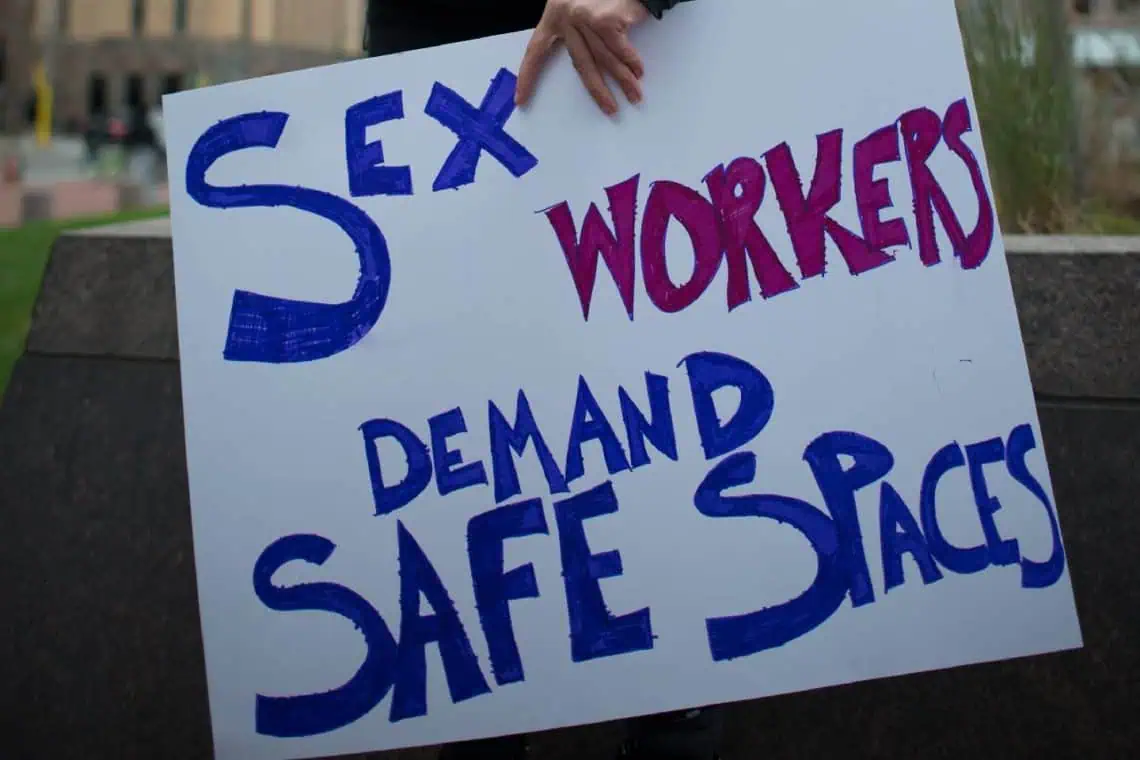In a landmark development with potential continental impact, South Africa’s Western Cape High Court is hearing a pivotal case on the decriminalization of sex work. NGOs, including the Sex Workers Education and Advocacy Taskforce (SWEAT), are challenging the longstanding criminalization of sex work, arguing it violates constitutional rights such as dignity, privacy, bodily integrity, and equality. The case could inspire similar reforms in African countries where sex work remains heavily criminalized and stigmatized.
Advocates argue that criminal laws often exacerbate harm rather than protect vulnerable individuals. In South Africa, criminalization has persisted since the apartheid era, and reform is seen as a means to address systemic inequalities. The high court case includes survivor testimonies, evidence from international models, and policy comparisons, offering lessons for African urban centers seeking safer, more equitable frameworks.
Key Arguments for Decriminalization
The Western Cape High Court is hearing input from 16 NGOs as amici curiae. The challenge contends that criminalizing sex work infringes on basic rights and perpetuates stigma. Advocates, including international and local human rights groups, argue that decriminalization would remove legal barriers that prevent sex workers from accessing justice, healthcare, and economic opportunities.
International evidence, such as New Zealand’s full decriminalization since 2003, demonstrates improved safety and health outcomes. In South Africa, criminalization forces workers into the shadows, increasing vulnerability to exploitation, violence, and police abuse. Legal reform could enable safe negotiation of services, reporting of crimes without fear, and integration into mainstream healthcare systems, reducing HIV and STI transmission risks.
Economic empowerment is another key point. Many enter sex work due to poverty, and decriminalization could allow access to financial services, reduce debt cycles, and contribute to the economy without fear of prosecution. The case represents a critical juncture for South Africa’s post-apartheid commitment to equality and justice.
Survivor Testimonies Highlight Violence Reduction
Personal accounts from sex work survivors underscore the urgency of legal reform. Many report that criminalization amplifies violence, as reporting abuse risks arrest. Survivors stress that decriminalization separates consensual work from trafficking, allowing better support for victims and the establishment of safety standards.
Research shows that decriminalized environments experience fewer assaults, murders, and health crises among sex workers. Legal reform also positively impacts mental health by reducing stigma, trauma, and isolation. By presenting their stories in court, survivors humanize the debate, illustrating that decriminalization is both a legal and lifesaving shift.
Lessons from Global Contexts
US state-level experiences provide instructive examples. In Maine, the 2023 law decriminalizing sex work shifted penalties toward buyers, aiming to reduce harm for workers. Other states, including Oregon and New York, have explored full decriminalization with benefits in public health and safety, though debates continue around trafficking. These models highlight the importance of community-led advocacy and addressing disparities in enforcement.
Urban policy lessons from China illustrate the risks of punitive enforcement. Despite illegality, prostitution persists in rapidly growing cities, often regulated through informal crackdowns. Policies conflating consensual sex work with forced prostitution have displaced workers and increased health risks, showing the importance of integrated, harm-reduction strategies for urban centers in Africa.
South Africa’s Potential Role in African Reform
As the Western Cape High Court case proceeds, South Africa could become a trailblazer for African sex work rights reform. A positive ruling would not only protect human rights but could also reduce violence and inspire neighboring countries to reconsider criminalization policies. By combining survivor-informed approaches with lessons from global contexts, South Africa has an opportunity to advance a more just and equitable framework for sex work across the continent.
